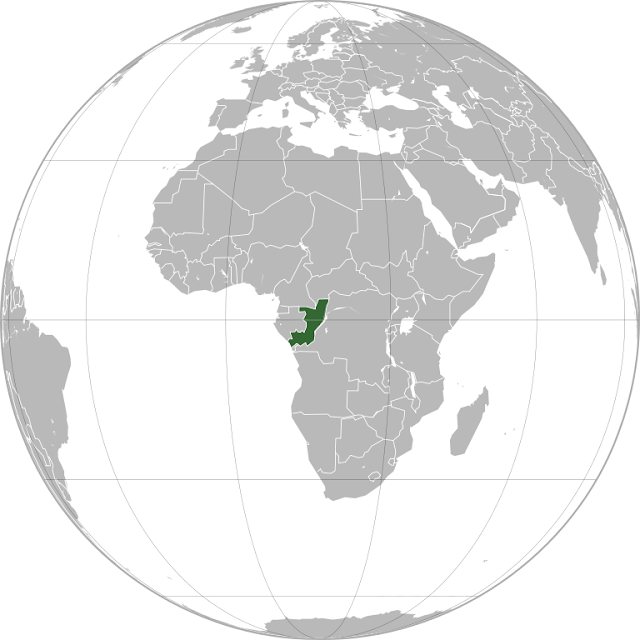Constitution of Republic of Congo
There are two Congos in the world. One of those is Republic of Congo. Area 3,42,000 sq km. The name of the capital is Brazzaville. Government business is conducted in French. There are multiple ethnic groups, but none are in the majority. The majority of the population is Christian, with Catholics as well as a large number of Protestants. The population is about 56,57,000.
The Congolese constitution identifies war
crimes, crimes against humanity, and genocide as heinous crimes. Freedom
of speech is not infinite. Material rich in ethnic hatred, inciting
sedition, conflict or civil war are all punishable offenses. Equal
rights of all citizens irrespective of family origin, ethnicity, social
status, politics, religion have been ensured.
Conditions have
been laid down in the constitution for political parties. The formation
of political parties and the conduct of activities cannot do anything
that destroys the national unity; should encourage the protection of
fundamental rights of citizens. Common interest of Congolese citizens
must be given importance. Respect for individual freedom must be shown
by Political parties.
These are positive aspects. And there is nothing negative mentionable.

Admirable Articles of Republic of the Congo's Constitution
Article 9
The freedom of the human person is inviolable. No one may be arbitrarily accused, arrested or detained.
Any accused is presumed innocent until his culpability has been established following a just and equitable process guaranteeing the rights of defense.
The rights of the victim are equally guaranteed.
Article 12
War crimes, crimes against humanity, [and] the crime of genocide, are punished within the conditions determined by the law. They are imprescriptible.
Article 13
Any propaganda or any incitement to ethnic hatred, to insurrection, to violence or to civil war constitutes a crime punished by the law.
Article 15
All Congolese citizens are equal before the law and have right to the protection of the State.
None may be favored or disadvantaged by virtue of their family origin, ethnic [origin], of their social condition, of their political, religious, philosophical, or other convictions.
Article 35
Every citizen has the right to the protection of moral and material interests deriving from any scientific, literary or artistic work of which he is the author.
The sequestration, the seizure, the confiscation, the interdiction of all or [a] part of any publication, of any recording or of other means of information or of communication may only be done by virtue of a decision of justice.
Article 41
Every citizen has the right to a healthy, satisfying and durable environment and has the duty of defending it.
The State sees to the protection and the conservation of the environment.
Article 61
The political parties must, to be recognized, conform to the following principals:
● the respect, the safeguarding and the consolidation of the national unity;
● the protection and the promotion of the fundamental rights of the human person;
● the pursuit of the satisfaction of the general interest of the Congolese people;
● the promotion of a State of law founded on the respect for and the defense of democracy, of the individual and collective freedoms;
● the defense of the integrity of the territory and of the national sovereignty;
● the proscription of intolerance, of ethnicism, of sectarianism and of the recourse to violence in all its forms;
● the respect of the republican, secular and indivisible character of the State.

